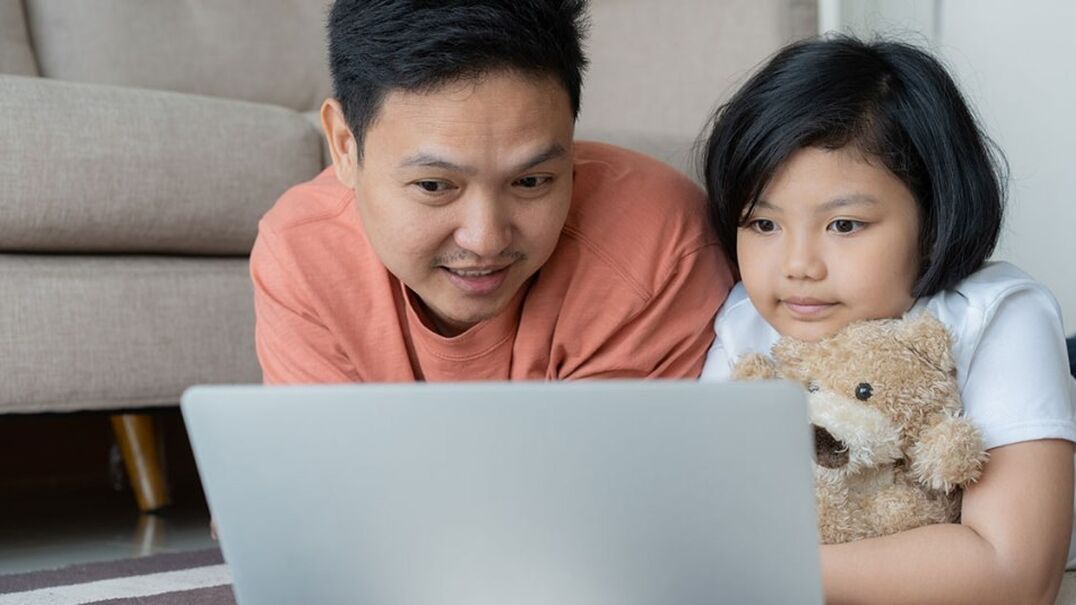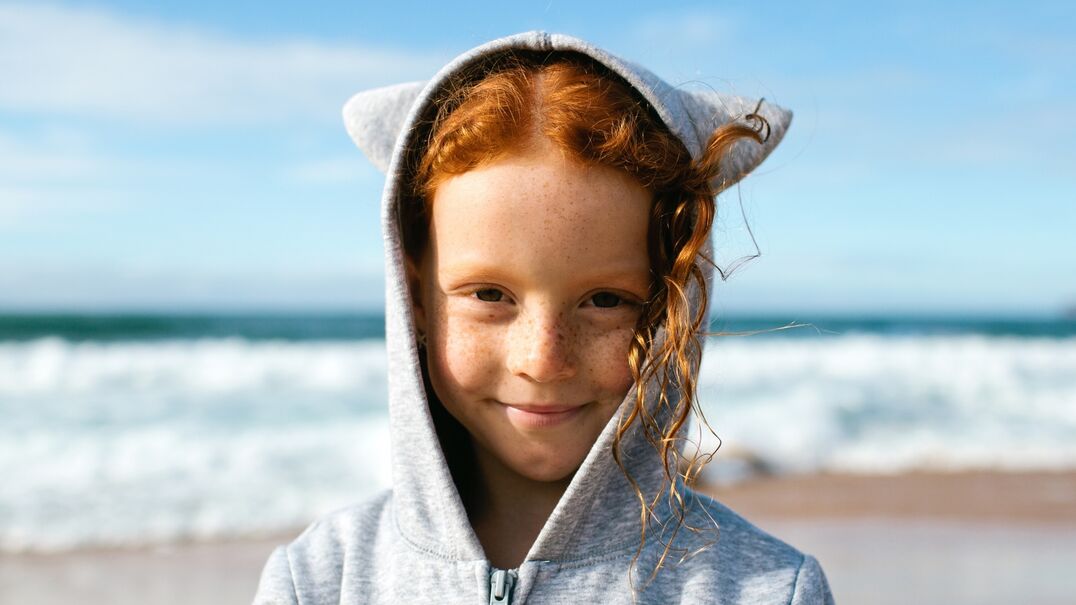Part 2 of our series ‘Mental illness relapse and recovery during a global pandemic: lived wisdom from young people’s perspectives‘
Shouting self-care at people who actually need community care is how we fail them.
For young people experiencing socioeconomic disadvantage, experiencing isolation and lockdown brings up a whole lot of stuff around coping mechanisms.
In part 2 of our series, we look at some changes in our own behaviour that we’ve observed and some common symptoms for those of us already managing mental illness.
Changes in behaviour
Here are some changes in behaviour coming up for us in our recovery during the COVID-19 pandemic that may relate to other people’s experiences. These are both our own personal experiences and changes we’ve noticed (internal experiences), and also a product of the actions of others that are imposed on us that directly affect our mental health (external factors). They loosely fall under the categories of behavioural, emotional, physical, psychological and spiritual.
- Adopting and mirroring personas and drawing strengths from fictional characters
- Constantly feeling fatigued
- Decreased or increased appetite
- Difficulty focusing on long-term plans or projects – feeling anxiety and overwhelm thinking about the future because there’s so much uncertainty around it
- Eating and sleeping habits and patterns changing drastically
- Fear of going outside
- Feeling disorientated, dissociated and not feeling “all there”
- Feeling isolated and alone, even when living with other people
- Feeling multiple triggers at once – shutdown due to overwhelm
- Feeling worthless and like everything is pointless considering the state of the world
- Getting lots of energy to do stuff but then not being able to finish anything
- Going back to toxic people and situations because they feel “normal”
- Increased use of substances
- Lack of social interaction and touch deprivation exacerbating pre-existing symptoms
- Mood is all over the place hour-to-hour, day-to-day
- Normal mental health symptoms getting suddenly worse and harder to handle
- Obsessing over or worrying about specific things due to having too much time with no distractions
- Overly reliant on routine, unable to function without strict routine, or becoming dependent on seemingly trivial routines
- Overworking without taking breaks
- Regular cleaning and hygiene habits changing drastically
- Restrictions around how, when and where to exercise exacerbating pre-existing symptoms
- Worsening ritualistic/compulsive behaviours (e.g. excessive handwashing – not knowing where to draw limits when needing to wash hands more often during COVID-19).
For more behaviours, take a look at Sarah Mariann Martland from Trauma and Co.’s great list of ‘Normal human responses to a global pandemic that do not need to be pathologized or treated as abnormal’ or watch a video version of this resource.
Common symptoms many of us are experiencing
These changes can be disruptive not only for the average population, but also for people who are already trying to manage mental illness. These experiences can trigger symptoms of mental illness and worsen symptoms that are already being experienced. People who are particularly vulnerable may include those who are experiencing or who are¹:
Isolation due to COVID-19 seemingly “confirming” fears around going outside.
Access to support networks now suddenly limited or completely cut off. Also, many behaviours/feelings associated with self-quarantine can reflect and therefore heighten symptoms of depression – such as self-isolation (especially when this extends to even online contact), lack of exercise, lack of sunlight, staying in bed and/or pyjamas all day, lack of a sense of purpose, lack of motivation, etc.
Constant stream of folks online talking about fear of “getting fat” during isolation and posting workout routines/fitness challenges. Also, disruptions to daily life and access to food, which then affects eating habits.
Anxiety around COVID-19 heightening general symptoms of anxiety, including seemingly unrelated ritualistic/compulsive behaviours.
as discussed above, current circumstances may reflect past experiences of trauma so folks with PTSD or C-PTSD may experience increased/worsening symptoms, including flashbacks, nightmares and/or hypervigilance.
Being inundated with posts about drinking to “stay sane” or combat boredom during isolation, including stuff that normalises alcoholism such as day drinking, binge drinking and drinking every day.
Now that the weather is getting colder, combatting fatigue and the general lack of motivation that comes from experiencing SAD will be much harder – especially for those working from home, where it is much easier to stay in bed all day.
It’s okay not to be okay
COVID-19 presents different challenges for everyone, especially those of us who are doing the best we can to support ourselves through managing mental ill-health.
Keep an eye out for the final part in this series where we’ll share about some things that are helping us cope and manage during these strange times, as well as lots of resources we’re finding valuable.
¹This list is not exhaustive but based on some of our own collective lived experiences.
Helplines
Times are especially tough right now. If you’re finding yourself struggling more than usual, here’s some helplines you can connect with that also have text or online chat options if you need extra privacy or can’t talk over the phone:
1800RESPECT is the national sexual assault, domestic and family violence counselling service. It’s confidential and available 24 hours a day, seven days a week.
Online Counselling: The world’s largest network of licensed, accredited, and experienced counsellors who can help you with a range of issues including depression, anxiety, relationships, trauma, grief, and more.
eheadspace provides free online support and counselling to young people 12-25 and their families and friends. If you’re based in Australia and going through a tough time, eheadspace can help.
Kids Helpline is Australia’s only free, private and confidential 24/7 phone and online counselling service for young people aged 5 to 25.
Lifeline is a national charity providing all Australians experiencing a personal crisis with access to 24-hour crisis support and suicide prevention services. Their Crisis Support Chat is available between 3pm and midnight, every day around Australia.
QLife provides Australia-wide anonymous, LGBTIQA+ peer support and referral for people wanting to talk about a range of issues including sexuality, identity, gender, bodies, feelings or relationships. Their webchat is available between 3pm and midnight, every day around Australia.
Switchboard Victoria provides peer-driven support services for LGBTIQA+ people, their families, allies and communities.
Featured image artwork by artist: Chadai Chamoun, www.instagram.com/oxidised.c/?hl=en
Written by Morgan Cataldo, Senior Manager of Youth Engagement, Shakira Branch, Y-Change Project Administrator and Y-Change Lived Experience Consultants: Janelle Graham, Kaitlyne Bowden, K.C., Kirra-Alyssa Horley, Sarah Santana and Tash Anderson.
Berry Street’s Y-Change initiative is a social and systemic change platform for young people aged 18-30 with lived experiences of socioeconomic disadvantage. As Lived Experience Consultants, the team work to challenge the thinking and practices of wider social systems through their advocacy and systems leadership.
Read Y-Change’s submission to the Royal Commission into Victoria’s Mental Health System below.





